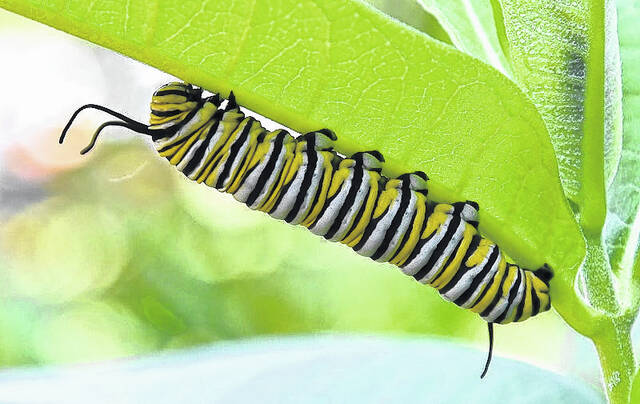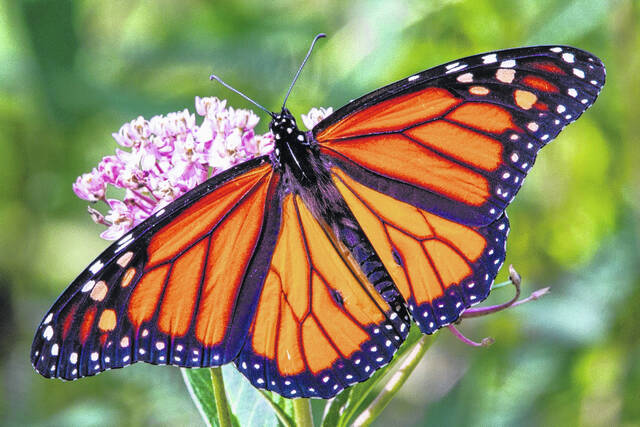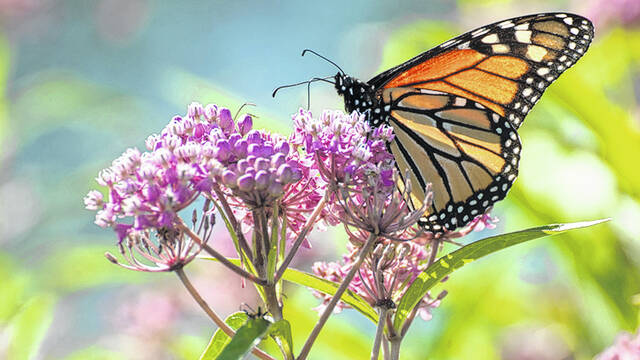Saving the Monarch butterflies
PICKENS COUNTY — Every fall, eastern North American Monarch butterflies begin their long migration from their summer breeding grounds to Mexico, passing through many parts of South Carolina along the way. However, recently their numbers have been rapidly shrinking, leading to an official classification as an endangered species.
According to The International Union for Conservation of Nature (IUCN), who listed monarch butterflies as endangered on July 21, eastern populations have shrunk by 84% from 1996 to 2014.
A shortened supply of milkweed, which monarchs use to lay their eggs on, is thought to be a primary factor.
An increase in droughts and wildfires as well as temperature changes triggering earlier migrations before milkweed is available has significantly impacted the butterflies ability to reproduce, according to the IUCN.
“It is tragic to see one of the world’s most well-known butterfly species, with remarkable migratory behaviors and local cultural significance, threatened with extinction,” said Sophie Ledger, a researcher and member of the IUCN. “Assessments like these provide us with the foundations for conservation actions to try and help protect a species and avert further loss.”
However, many organizations are springing into action. Locally, the South Carolina Wildlife Federation has started a program where all South Carolina residents can request a free packet of native milkweed seeds through their website. Due to high demand from the community, the SCWF has quickly exhausted their 2022 supply of seed packets, and is now accepting requests for 2023.
“So many people and organizations have come together to try and protect this butterfly and its habitats,” said IUCN member Anna Walker. “From planting native milkweed and reducing pesticide use to supporting the protection of overwintering sites and contributing to community science, we all have a role to play in making sure this iconic insect makes a full recovery.”
Reach Hampton Roper at 864-855-0355.



